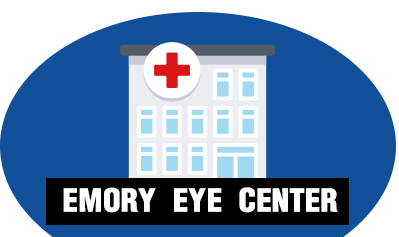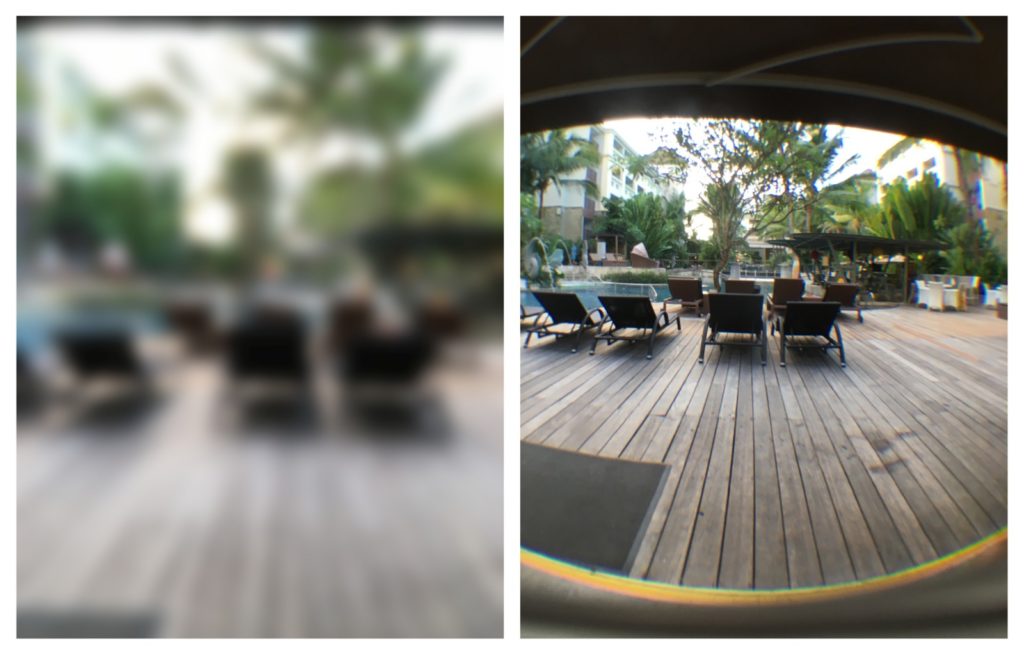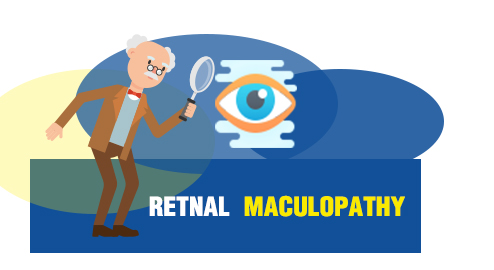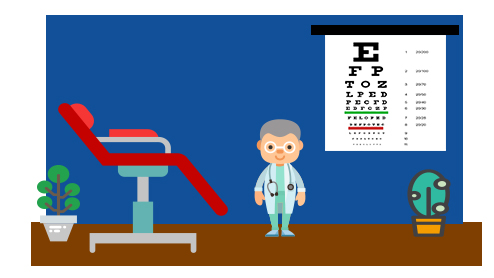Elmiron Lawyer
Recent research has linked drug, Elmiron®
with a form of progressive eye disease
retinal pigmentary maculopathy

CRUCIAL ELMIRON INFORMATION
Emory Eye Center in Atlanta Identifies a Unique Eye Condition In Six Female Patients — All Were Taking Elmiron®

Between 2015 and 2018, the Emory Eye Center saw a new eye disease in six (6) of their patients that would later be classified as retinal maculopathy. This disease was found through advanced retinal imaging. The pigment cells in these patients’ eyes were changing colors, which causes vision problems and is usually seen in those who have macular degeneration.
Emory Publishes The Results of Their Disturbing Findings In The Journal of Ophthalmology in May 2018

Since this disease was new, Emory conducted a case series on these 6 patients to figure out what was causing their vision issues. After a thorough review of each patient’s medical history, one common link was unmistakable between all six (6). They were each diagnosed with interstitial cystitis, also known as painful bladder syndrome, and were each taking Elmiron to treat this condition. In May 2018, after ruling out the possibility of genetic predisposition to retinal maculopathy, Emory published its findings in the Journal of Ophthalmology.
Naturally, this sparked panic within the medical community. Questions swelled about the safety of taking Elmiron and if the reported side effects only happened to a select few. Admittedly, the study published was only on six (6) patients. A larger, more extensive study would be required to address these concerns.
Elmiron® Patients Asked To Come In For Eye Examination
Kaiser Oakland, after reading the report, looked into their database for patients who were prescribed Elmiron. They found 140 patients who were currently taking Elmiron and had been using it consistently for five (5) years. 91 of those patients agreed to come in and get their eyes checked out. As a result, 24% of these 91 patients had the exact conditions the six (6) patients from Emory had.
Some of the related symptoms these patients experienced included:
• Blurred vision
• Dark spots in the center of vision
• Difficulty adjusting to dim lighting
• Difficulty reading
• Less vivid colors
• Straight lines appearing distorted



Serious Retinal Maculopathy in 22 of the 91 Elmiron® Users

Survey of Individual Who Take Elmiron® — Seriously Concerning 53.9% of Elmiron® Users They Have Developed Retinal Issues…
The IC Network, which is the largest advocacy group for interstitial cystitis patients, conducted a survey of its members who take Elmiron. Of the 1,604 patients who reported taking Elmiron, a staggering 53.87% reported developing retinal disease. The IC Network took quick action in getting these results over to the FDA. In their petition, they wanted changes to the warning label and recommended those who are taking Elmiron get checked by an ophthalmologist once a year.
Ophthalmologist Studies Proclaim: Maculopathy In Patients Progress Even After They Stop Taking Elmiron®!
According to a case study done by an ophthalmologist, who specializes in retinal degenerations at Harvard Medical School, vision loss may continue to develop even after the patient no longer takes Elmiron. The patient in this case study was a woman who took the drug for years, while not knowing of the potential harmful side effects on her eyes. After her doctor became aware of Elmiron’s potential dangers, her doctor recommended that she discontinue its use. After she stopped taking the drug years earlier, her vision loss was still deteriorated. This suggests that vision loss may continue to progress even after someone stops taking the drug.
Even If You Stop Taking Elmiron®, Eye Disease Continues To Progress…

Ever Taken Elmiron®? You Need To Get Your Eyes Examined By An Ophthalmologist — We Suggest The Following Tests
It is important to note that the medical community agrees that past and present users of Elmiron should see an ophthalmologist to check for signs of retinal maculopathy. It is important to be seen by an ophthalmologist, not an optometrist, as an optometrist just evaluates your vision for wearing glasses. An ophthalmologist can give a comprehensive examination of your eyes to check your retinal health.
Follow These Steps If You Have Taken (or Currently Take) Elmiron® —
The first thing you should do is see an ophthalmologist regularly to monitor your eyes. Make sure to document any and every adverse change to your eyesight. Knowing if you have a family history of retinal disease can help rule out what is genetic and what is caused by a toxin your body was introduced to. As with any potential personal injury case, seeking an experienced Elmiron lawyer to discuss your options is always recommended.
The Manufacturer of Elmiron® Knew In The 90\’s That Elmiron® Could Cause Permanet Eye Damage— But Never Made Consumer Aware On The Drug\’s Side Effects Label…
During the process of publishing their findings, the Emory Eye Center took a look at the clinical trials conducted by Janssen, the manufacturer of Elmiron. In a clinical trial involving 2,499 patients who took Elmiron for up to four (4) years, eye and vision issues were reported, included optic neuritis and retinal hemorrhaging. However, despite Janssen’s knowledge of these adverse effects, the drug company did not list it on its warning label for Elmiron. Additionally, no further tests or research was conducted on these eye and vision issues.
How To Take Action And Recover A Financial Settlement If You Or Someone You Know Has Been Affected…
If you or a loved one took Elmiron and now have impaired vision or blindness, you may be able to receive compensation for your medical expenses, lost wages and pain and suffering, among other related losses. Our firm works with some of the most knowledgeable Elmiron lawyers in the country, who are ready to talk to you about your potential case. Call us toll-free 24/7 at 1-800-992-6878 or fill out an online contact form for a free (no obligation) case evaluation.
